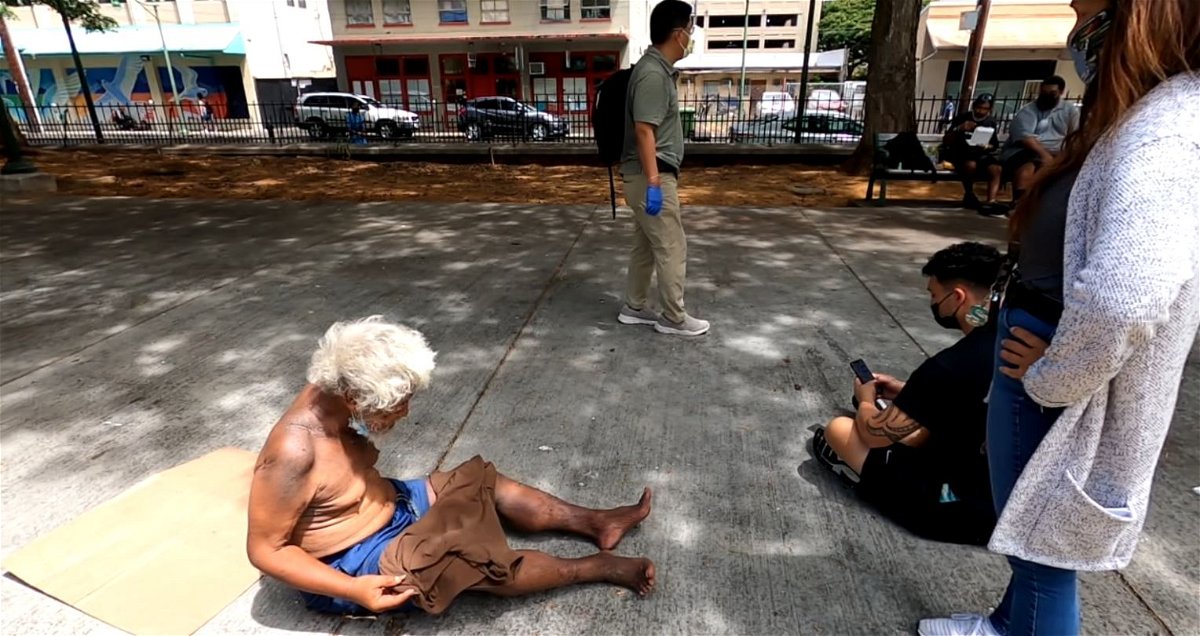Hawaii legislators want to expand program to keep mentally ill charged with minor crimes out of jail

A program that's diverted dozens of mentally-ill people away from Hawaii's prison system has been largely successful. And now lawmakers want to expand that program to include those who commit non-violent misdemeanors.
By Kristen Consillio
Click here for updates on this story
HONOLULU (KITV) — A program that’s diverted dozens of mentally-ill people away from Hawaii’s prison system has been largely successful. And now lawmakers want to expand that program to include those who commit non-violent misdemeanors.
Act 26 started in 2020, redirecting people with serious mental illness into treatment programs instead of taking up space in already overcrowded jails. The program has so far diverted at least 120 people charged with non-violent petty misdemeanors that include things such as disorderly conduct.
“We don’t want anyone who has major mental health needs to sit in a jail cell for 55 days waiting to find out if they even need to get that mental health help,” said Amy Curtis, administrator of the state Health Department’s Adult Mental Health Division. “We have calculated there’s been over $8 million saved so far by the state.”
According to the Department of Health’s Adult Mental Health Division, 79% of those who were diverted have not committed another nonviolent petty misdemeanor.
“Given the fact that mental health treatment — substance abuse treatment — has risen to the level that it has in the community, when people see individuals suffering on our street corners because they’re suffering from mental illness these kind of programs that we’re talking about are highly critical,” said Rep. Della Au Belatti, chairwoman of the House Committee on Health and Homelessness.
Lawmakers are working with the judiciary to determine what other groups should be prioritized for treatment instead of jail time. Non-violent misdemeanors include minor drug crimes.
“For many of our folks that appear before us, criminal defendants, it’s where they end up after every single institution in the community has failed them,” said Judge Shirley Kawamura, lead criminal judge at First Circuit Court. “Anytime we can prioritize treatment for certain groups of people, we’re all for that. Now the question for the Legislature is who’s that appropriate for?”
Please note: This content carries a strict local market embargo. If you share the same market as the contributor of this article, you may not use it on any platform.